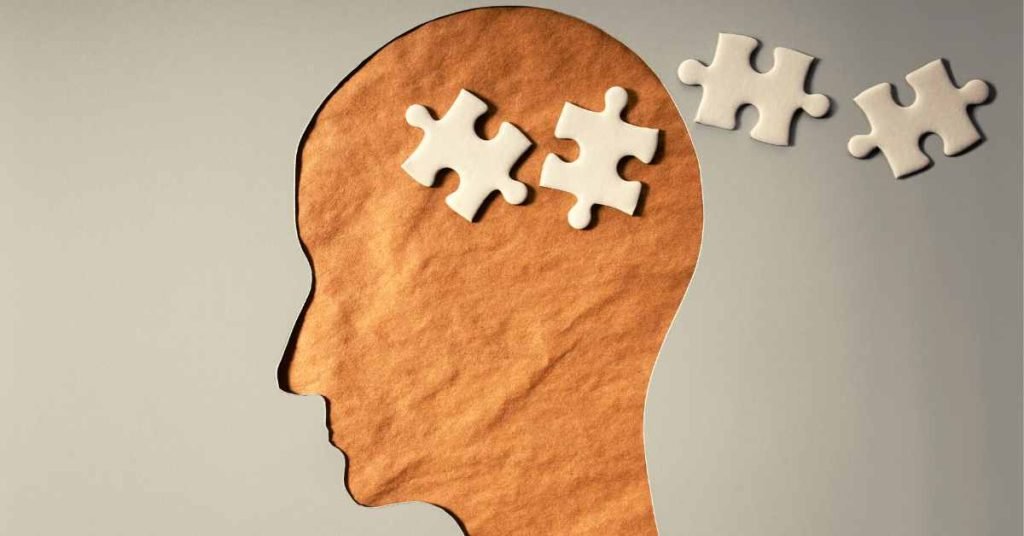In recent years, researchers and enthusiasts alike have explored the potential cognitive benefits of tea, leading to speculation about its impact on conditions such as amnesia.
Amnesia, characterized by memory loss, can result from various factors, including injury, illness, or psychological trauma.
This article delves into the existing scientific literature to assess whether there is any chance that tea, with its myriad compounds and antioxidants, could play a role in reversing amnesia.
Understanding Amnesia

Before delving into the potential connection between tea and amnesia, it’s crucial to understand the complexity of amnesia itself.
Amnesia is not a single disorder but a symptom that can manifest in different ways.
There are two main types of amnesia: retrograde amnesia, where a person loses memories of events that occurred before a specific incident, and anterograde amnesia, which involves difficulty forming new memories after the incident.
Both types can be caused by physical trauma, brain injury, neurological disorders, or psychological factors.
The Role of Tea Compounds
Tea is a rich source of bioactive compounds, each with potential health benefits.
The most well-known compounds in tea are polyphenols, which include catechins, epicatechins, and flavonoids.
These compounds have antioxidant properties and have been studied for their potential neuroprotective effects.
Additionally, tea contains amino acids, including L-theanine, which has been linked to improved cognitive function and relaxation.
Research on Tea and Cognitive Function

Several studies have explored the relationship between tea consumption and cognitive function.
While much of the research is focused on general cognitive decline and neurodegenerative diseases, some findings may have implications for amnesia.
For example, a 2019 study published in the journal “Nutrients” suggested that regular tea consumption was associated with a lower risk of cognitive decline in older adults.
However, it’s essential to note that cognitive decline and amnesia are distinct conditions, and research specifically addressing the impact of tea on amnesia is limited.
The mechanisms underlying amnesia are complex, involving alterations in neuronal networks, neurotransmitter imbalances, and structural changes in the brain.
Tea’s potential impact on these intricate processes remains an open question.
Tea and Neuroprotection
One avenue of interest is tea’s potential neuroprotective effects.
The antioxidants in tea, particularly the polyphenols, have been studied for their ability to protect the brain from oxidative stress.
Oxidative stress is implicated in various neurological disorders, and mitigating it could theoretically help prevent or alleviate symptoms of amnesia.

A study published in the “Journal of Alzheimer’s Disease” in 2023 investigated the neuroprotective effects of green tea polyphenols in a mouse model of Alzheimer’s disease, a condition characterized by severe cognitive decline.
The researchers found that the polyphenols had a positive impact on cognitive function and reduced the accumulation of amyloid-beta plaques, which are associated with Alzheimer’s disease.
While this study focused on a specific type of cognitive decline, it provides insights into the potential neuroprotective properties of tea compounds.
L-Theanine and Cognitive Function
L-Theanine, an amino acid found in tea, has gained attention for its potential cognitive benefits.
Unlike the stimulating effects of caffeine, L-Theanine has a calming effect on the brain. Some studies suggest that L-Theanine may enhance attention and improve cognitive performance.
A 2021 study published in the journal “Psychopharmacology” investigated the acute effects of L-Theanine on attention and reaction time in healthy adults.
The results indicated that L-Theanine, in combination with caffeine, improved attention and reduced reaction time.
While this doesn’t directly address amnesia, it highlights the intricate ways in which tea compounds can influence cognitive function.
Tea and Stress Reduction

Chronic stress is a known contributor to cognitive impairment and memory problems. Some research suggests that tea consumption, particularly green tea, may have stress-reducing effects.
A 2017 study published in the “Journal of Physiological Anthropology” found that green tea consumption was associated with reduced psychological distress in Japanese individuals.
Lowering stress levels could potentially have indirect benefits for memory and cognitive function.
Human Studies on Tea and Amnesia
While animal studies provide valuable insights, human studies are essential for understanding the potential benefits of tea for amnesia in the context of the complexities of the human brain. Unfortunately, there is a paucity of research specifically investigating the impact of tea on amnesia in humans.
One 2023 study published in the “Journal of Nutrition, Health & Aging” explored the association between tea consumption and cognitive function in older adults.
The researchers found that habitual tea drinking was linked to a lower risk of cognitive decline.
However, the study did not specifically address amnesia, and the cognitive decline observed in the participants was not necessarily indicative of amnestic disorders.
Challenges and Considerations
While the existing research provides intriguing insights into the potential cognitive benefits of tea, several challenges and considerations must be acknowledged.
First, the diversity of tea types (green, black, white, oolong) and variations in brewing methods can lead to differences in the bioavailability of active compounds.

Standardizing research protocols and considering these variations is crucial for drawing meaningful conclusions.
Additionally, individual differences in genetics, lifestyle, and overall health can influence how tea compounds interact with the human body.
What works for one person may not have the same effects on another. Therefore, any potential therapeutic application of tea for amnesia would require personalized approaches.
Final Word
The relationship between tea and amnesia is a fascinating area of inquiry that warrants further research.
While existing studies offer valuable insights into the cognitive benefits of tea, especially in the context of neuroprotection and stress reduction, direct evidence on its efficacy in addressing amnesia is lacking.
Tea’s rich array of bioactive compounds, including polyphenols and L-Theanine, holds promise for supporting cognitive health.
However, conclusive statements about tea’s ability to reverse amnesia cannot be made based on the current state of scientific knowledge.
Future research, particularly well-designed clinical trials focused on amnestic disorders, is essential for a more comprehensive understanding of tea’s potential therapeutic role.
In the meantime, incorporating tea into a balanced and healthy lifestyle may contribute to overall well-being, potentially offering cognitive benefits.
As we await further research, individuals interested in exploring the potential cognitive benefits of tea should do so in consultation with healthcare professionals, especially if they are dealing with amnestic conditions or concerns about cognitive function
MEDICAL DISCLAIMER
Itsnevernotteatime.com cannot and does not contain medical/health advice. The medical/health information is provided for general and educational purposes only and is not a substitute for professional advice.




